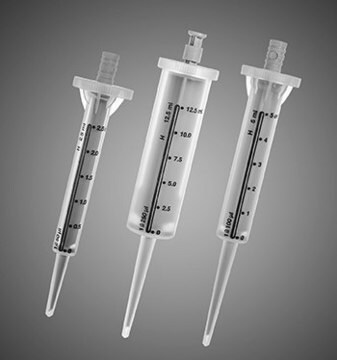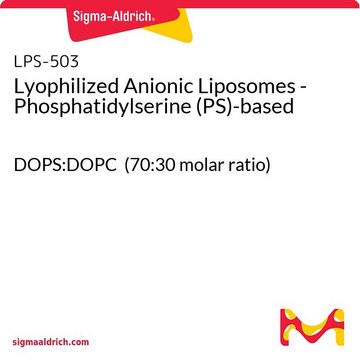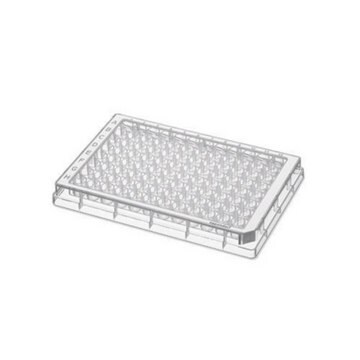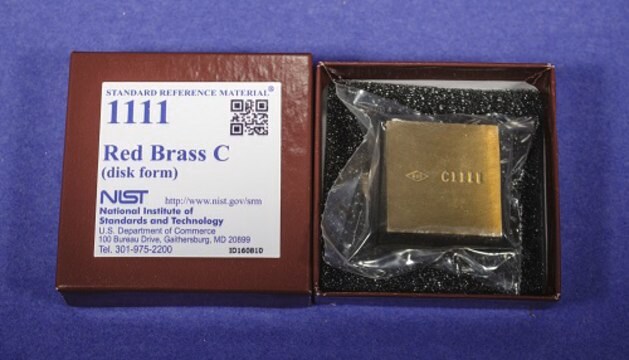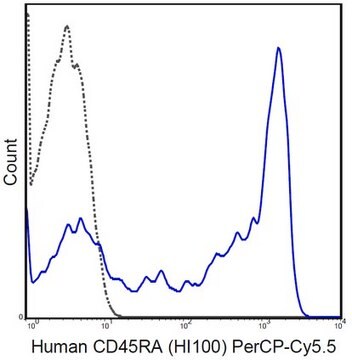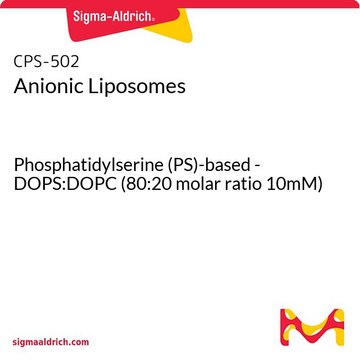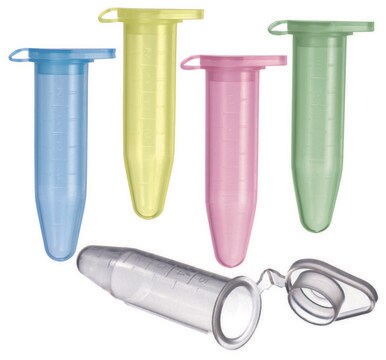MABF733
Anti-KLRG1 Antibody (mouse), APC, clone 2F1
clone 2F1, 0.2 mg/mL, from hamster(Syrian)
Synonym(e):
Killer cell lectin-like receptor subfamily G member 1, Mast cell function-associated antigen 2F1
About This Item
Empfohlene Produkte
Biologische Quelle
hamster (Syrian)
Qualitätsniveau
Konjugat
Allophycocyanin conjugate
Antikörperform
purified antibody
Antikörper-Produkttyp
primary antibodies
Klon
2F1, monoclonal
Speziesreaktivität
mouse
Verpackung
antibody small pack of 25 μg
Konzentration
0.2 mg/mL
Methode(n)
flow cytometry: suitable
immunoprecipitation (IP): suitable
Isotyp
IgG
UniProt-Hinterlegungsnummer
Versandbedingung
wet ice
Posttranslationale Modifikation Target
unmodified
Angaben zum Gen
mouse ... Klrg1(50928)
Verwandte Kategorien
Allgemeine Beschreibung
Immunogen
Anwendung
Entzündung & Immunologie
Qualität
Flow Cytometry Analysis: 0.06 μg of this antibody detected KLRG1 in one million C57Bl/6 splenocytes.
Physikalische Form
Lagerung und Haltbarkeit
Haftungsausschluss
Sie haben nicht das passende Produkt gefunden?
Probieren Sie unser Produkt-Auswahlhilfe. aus.
Lagerklassenschlüssel
12 - Non Combustible Liquids
WGK
nwg
Analysenzertifikate (COA)
Suchen Sie nach Analysenzertifikate (COA), indem Sie die Lot-/Chargennummer des Produkts eingeben. Lot- und Chargennummern sind auf dem Produktetikett hinter den Wörtern ‘Lot’ oder ‘Batch’ (Lot oder Charge) zu finden.
Besitzen Sie dieses Produkt bereits?
In der Dokumentenbibliothek finden Sie die Dokumentation zu den Produkten, die Sie kürzlich erworben haben.
Unser Team von Wissenschaftlern verfügt über Erfahrung in allen Forschungsbereichen einschließlich Life Science, Materialwissenschaften, chemischer Synthese, Chromatographie, Analytik und vielen mehr..
Setzen Sie sich mit dem technischen Dienst in Verbindung.